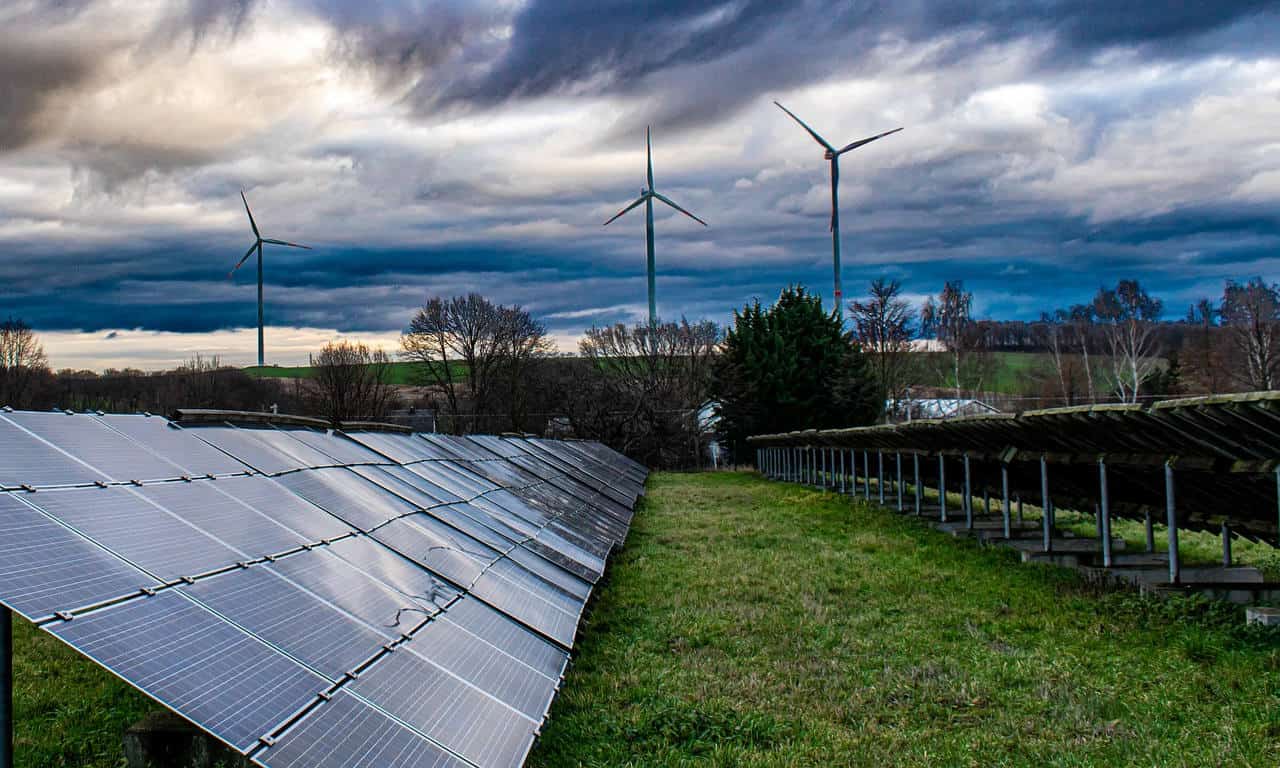Solar panels are becoming increasingly popular across Australia today since the country boasts of warmer temperatures all year round and more sunny days in winter, unlike the regions in the northern hemisphere. However, weather changes are inevitable and there are times when the weather is not 100 percent sunny. So, are solar panels still effective? Let’s find out.
Now that you’re using solar energy for your electricity needs at home, it’s good to have knowledge about how reliable the system can still be even at times when there’s no available sunlight, during overcast days and on rainy days as well. So, the answer to the controversial question most commonly asked by many, “Will solar panels work on cloudy and rainy days? The overwhelming answer is “Yes”.
You must remember that solar panels don’t produce electricity during night time because of the absence of sunlight. But then again, when you have excess electricity produced during the day that’s stored in the battery, then you still have power to use at night.
How Solar Panels Work on Cloudy Days
Clearly, high-quality solar panels are still effective on a cloudy day, only that less electricity is generated. This implies that those panels don’t perform as well as when the skies are truly clear. Experts note that in some particular areas, a solar power system produces approximately 25 to 45 percent of power it typically produces under normal conditions.
Still in another observation, solar panels produce electricity about 10 to 25 percent of their standard production on a cloudy day in other areas. With this seemingly worrisome circumstance, your consolation is that your solar energy system doesn’t stop producing electricity totally on gloomy days.
Solar Works Best in Sunny, not Hot Weather
Very hot weather is not required for solar panels to effectively create energy. Actually, sunny weather when the skies are clear is when the solar panels work at their peak efficiency. But, did you know that in order to generate electricity, both direct and indirect sunlight can make your solar panels work?
In reality, the more sunlight received by the panels, the more energy is generated. However, if dense clouds (or rain) are blocking the sun, there’s still what is called reflective light in the sky which is absorbed by the panels. And most interestingly, the panels have the capacity to absorb light from shiny surfaces such as snow or bodies of water.
Bear in mind, partial shading doesn’t cause power generation to stop – it only reduces the amount of electricity the panels create. But thanks to modern technology, gone are the days when the solar panels used to turn inefficient on dark or rainy days. Today, modern panels have been designed to counter the effect of weather changes. They are no longer as sensitive as they used to be years ago.
Of course, do not forget the fact that if you think your units aren’t functioning properly, you can always seek help from your solar panels maintenance company.

